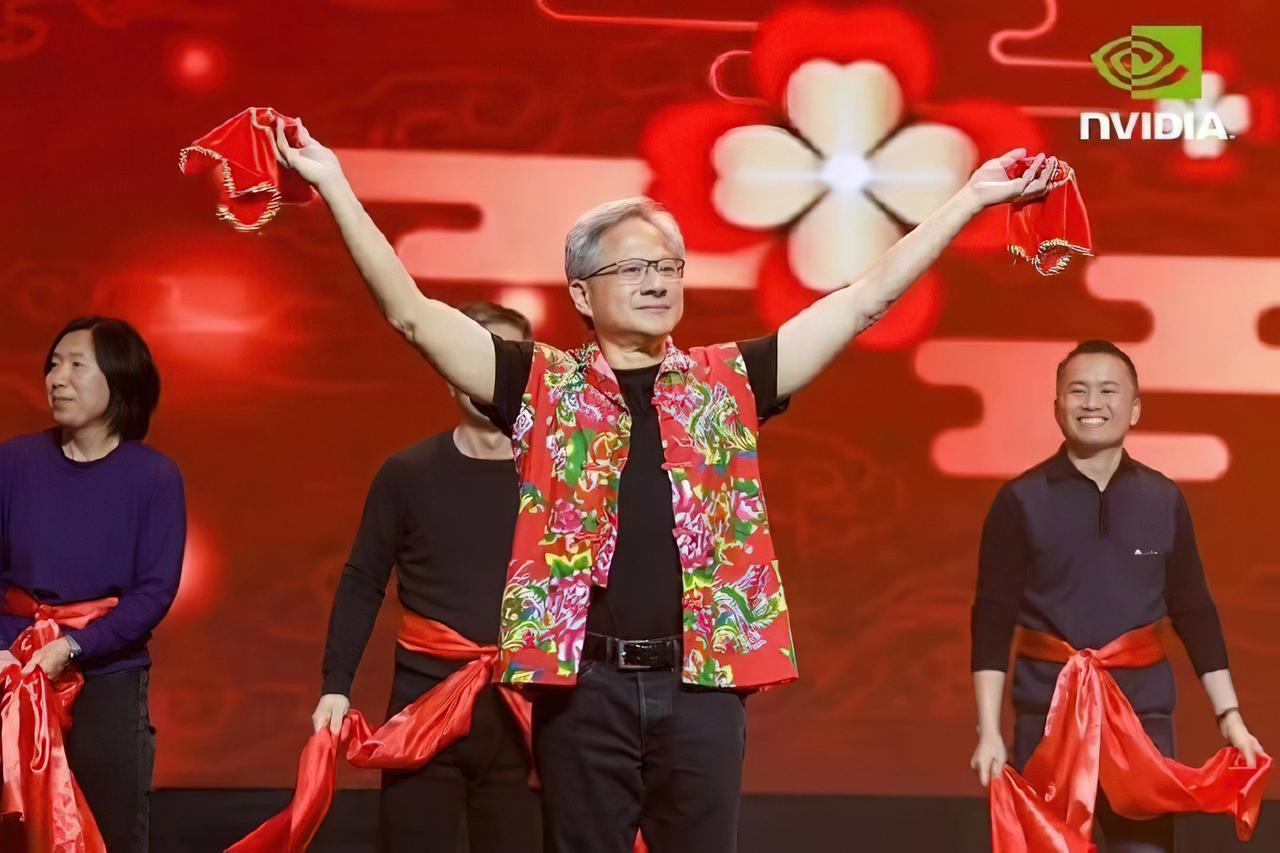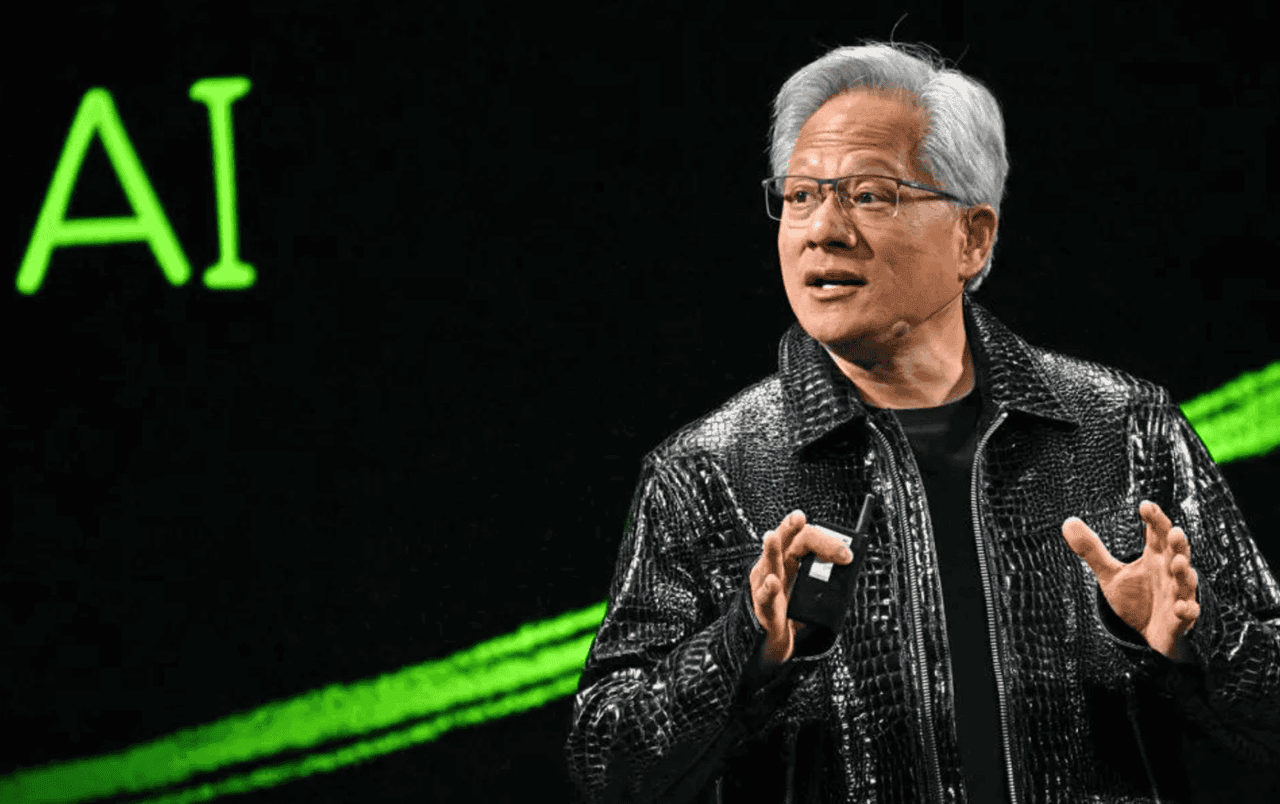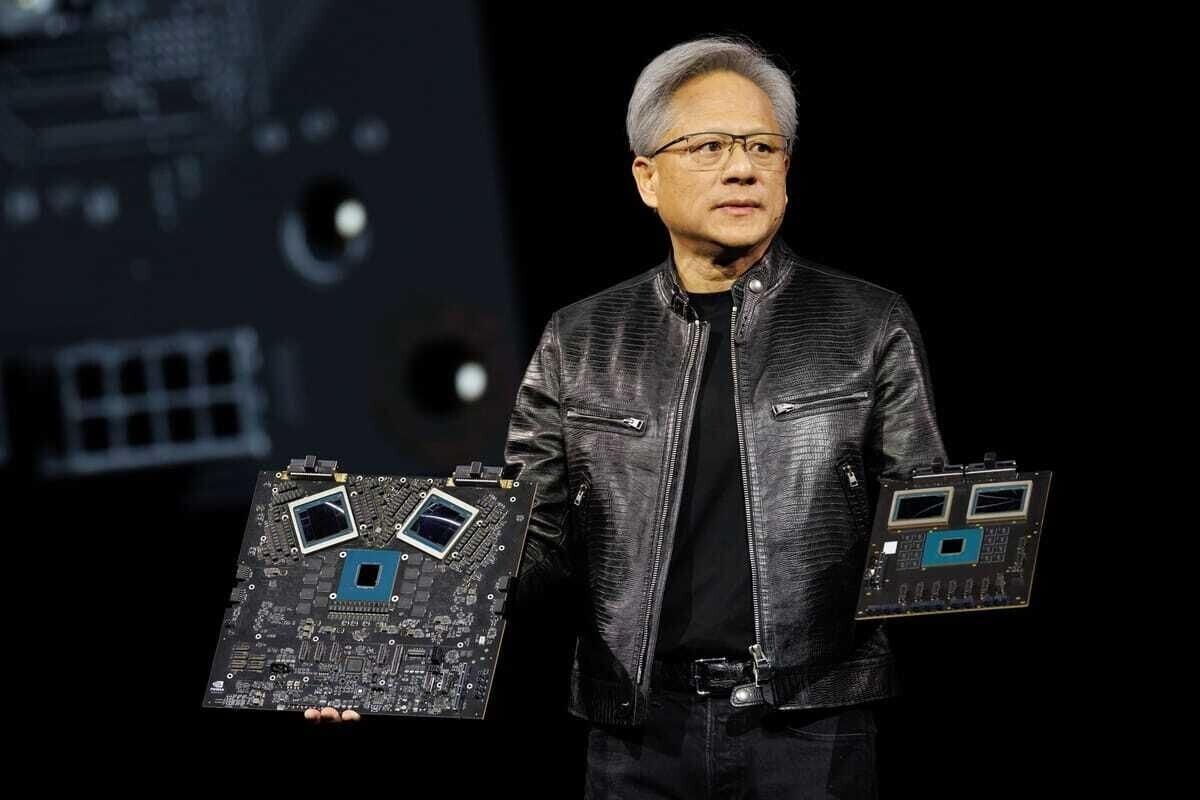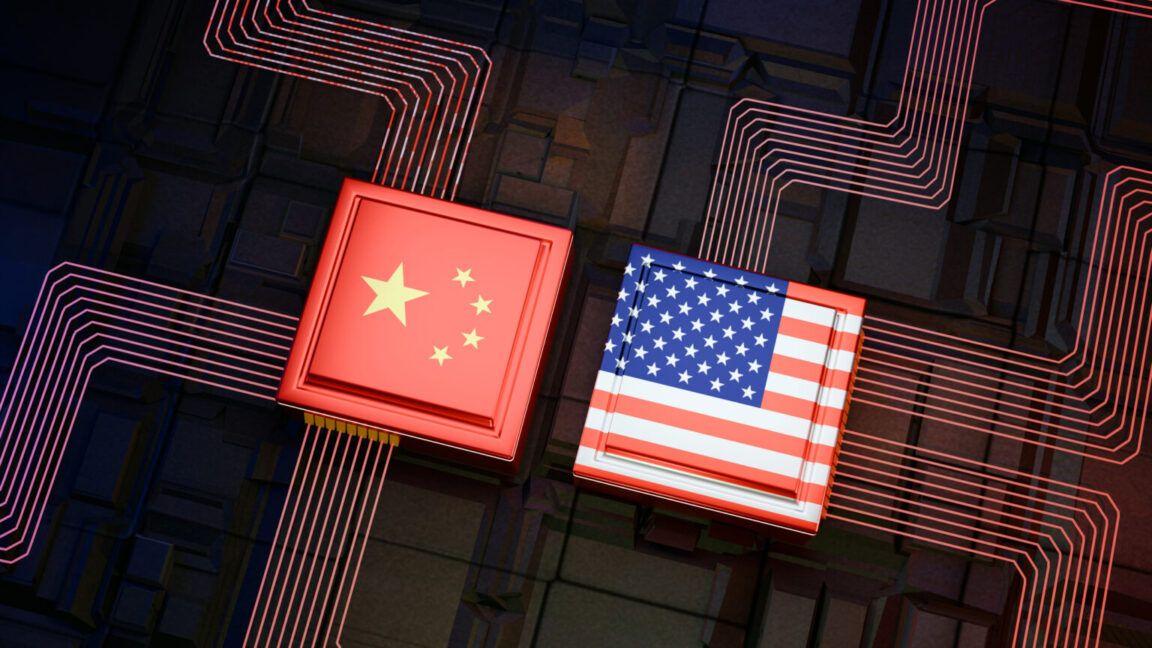NVIDIA CEO's Visit to TSMC: Debunking Rumors and Exploring AI Chip Developments
3 Sources
3 Sources
[1]
TSMC responds to rumor that NVIDIA CEO's visit was about revenue sharing with the US
TL;DR: NVIDIA CEO Jensen Huang's recent visit to TSMC was to celebrate the founder's birthday and discuss company matters, not to propose revenue sharing with the US government. TSMC denies rumors linking it to Trump's chip export deal, while preparing to launch advanced Rubin AI chips by year-end. NVIDIA's CEO Jensen Huang recently visited TSMC where he discussed internal company matters, but also delivered a message to the semiconductor manufacturer that TSMC may have to share revenue with the Trump administration. That was the rumor, but according to a new report from FocusTaiwan that has cited a response from TSMC, that information wasn't correct at all, and that no such suggestion was made by Huang. The rumor is an extension of the deal President Trump made for American chip manufacturers on exporting chips to China, which was to pay 15% of the revenue made on selling chips to China to the US government. The trade deal focused on companies such as NVIDIA, AMD, and Intel. That trade deal has yet to be written in stone. Then a report by the Taiwanese outlet CNA was published that claimed NVIDIA's CEO traveled to Taiwan to inform the chip giant it may need to share its revenue from China chips as well, which would essentially bring TSMC in on the deal with the American chip makers. However, according to the recent report from FocusTaiwan, that doesn't seem to be true. TSMC has dismissed the rumor, and said Huang was invited to the headquarters to give a speech and participate in the birthday celebration for TSMC founder Morris Chang. "They [US government] have already announced that they will not take shares," said TSMC Chairman C. C. Wei in response to a question asking about the US government proposed plan to take an equity stake in TSMC in exchange for subsidies. It's also likely that Huang traveled to TSMC to take a look at the upcoming new cutting-edge Rubin AI chips, the next-generation of chip architecture that is claimed to be a ground-up redesign. These chips are slated to be rolling off the production lines by the year end, which means fully packaged and complete.
[2]
TSMC Debunks Wild Rumor Claiming NVIDIA CEO Visited Taiwan To Discuss A Purported Trump Suggested 'AI Chip Profit-Sharing' Plan
This is not investment advice. The author has no position in any of the stocks mentioned. Wccftech.com has a disclosure and ethics policy. The Taiwan Semiconductor Manufacturing Company (TSMC) has denied that a recent visit by NVIDIA CEO Jensen Huang to Taiwan was to discuss a purported demand from President Trump to discuss profit sharing. The Trump administration came into the limelight last month after it approved NVIDIA's China H20 AI GPU licenses on the condition of sharing 15% of the sales with the US government. Huang's visit to Taiwan caught many by surprise, and the NVIDIA CEO outlined that he was on the island to address TSMC's workers on a day honoring the firm's founder, Dr. Morris Chang. After Huang landed in Taiwan, he addressed reporters and not only called TSMC one of the greatest companies on Earth but also commented on his discussions with President Trump. When asked about having to share 15% of NVIDIA H20 AI GPU revenue with the US government, Huang replied that he was "very grateful that the Trump administration has approved licenses for our Chinese customers." The NVIDIA CEO also expressed surprise at reports of his firm's H20 GPUs being restricted for sale by the Chinese government, since, according to him, Chinese officials had requested him to secure the licenses for the products. Now, after a report by a relatively unknown Taiwanese publication claimed that the real reason behind Huang's Taiwan visit was to discuss a purported profit-sharing proposal for TSMC's chips proposed by President Trump, TSMC has denied the claim. Speaking to CNA, the firm shared that it has a stable, robust communications channel with the US government, and the NVIDIA CEO visited TSMC to give an internal speech. While TSMC has officially denied the rumors of Huang's visit with regards to a purported profit-sharing agreement between the firm and the US government, it did not comment on an earlier analyst report which had also speculated on the reasons behind the NVIDIA CEO's visit. Speaking to the Economic Daily, the analyst speculated that Huang and TSMC CEO Dr. C.C. Wei could discuss global production capacity allocation, tariff minimization for NVIDIA's products, and transfer pricing for TSMC's chips. Transfer pricing is typically used by corporations to reduce their internal tax burden, and it involves the price that firms use to transfer products between subsidiaries or within the corporation to shift profits to regions with lower tax rates.
[3]
NVIDIA CEO's Recent Visit to Taiwan Was Reportedly to Tell TSMC That President Trump Wants Them Involved in a 'Profit-Sharing' Deal for Chips Sold to China
In a rather wild rumor, it seems like NVIDIA's CEO visit to Taiwan was not only for the company's internal matters, rather Jensen apparently had to convey a message from President Trump. For those unaware, President Trump had put up a deal for American chip manufacturers a few weeks ago, where firms like NVIDIA and AMD would pay 15% of their revenue for all chips sold to China. While we still haven't seen a 'formalized' version of the deal, it did seem clear that the Trump administration was willing to micro-manage American firms. Now, in a report by the Taiwanese outlet CNA, it is rumored that NVIDIA's CEO Jensen Huang went to Taiwan recently to let the Taiwan chip giant know that it might need to share its revenue from China chips as well. The report claims that Jensen's sudden visit to Taiwan was to convey to TSMC that President Trump wants to get the chip giant involved in a deal with the administration that will allow them to sell their AI chips to Beijing. While matters haven't turned out the way NVIDIA would've thought, it is evident that the Trump administration wants the whole supply chain to be involved in a deal for accessing the Chinese customer base. However, it is important to take this rumor with a grain of salt for now, since there isn't official sources confirming this rumor yet. Based on what we know, one of the primary objectives of Jensen's recent visit to Taiwan was to oversee the production of the Rubin AI lineup, in particular, 'six new chips' that involve the Vera Rubin lineup and all the essentials around it. NVIDIA's CEO also appreciated the importance of TSMC for the company's business, with Jensen claiming that the Taiwan giant would get a lot busier in the upcoming months, courtesy of the demand coming in. It would be interesting to see how the NVIDIA-China business evolves in the future, especially since the hurdle is actually Beijing itself, which is now convincing domestic tech giants to switch to in-house solutions.
Share
Share
Copy Link
NVIDIA CEO Jensen Huang's recent visit to TSMC sparks speculation about revenue sharing with the US government, which TSMC denies. The visit coincides with discussions on advanced AI chip production and potential geopolitical implications.
NVIDIA CEO's Visit to TSMC: Separating Fact from Fiction
NVIDIA CEO Jensen Huang's recent visit to Taiwan Semiconductor Manufacturing Company (TSMC) has sparked a flurry of speculation and rumors in the tech industry. The visit, which coincided with TSMC founder Morris Chang's birthday celebration, has been the subject of various reports, some of which TSMC has officially denied
1
.Debunking Revenue Sharing Rumors
Contrary to initial reports, TSMC has categorically dismissed claims that Huang's visit was related to discussions about revenue sharing with the US government. The rumor, which suggested that TSMC might need to share revenue from chips sold to China with the Trump administration, has been refuted by the semiconductor giant
2
.TSMC Chairman C. C. Wei stated, "They [US government] have already announced that they will not take shares," in response to questions about a proposed plan for the US government to take an equity stake in TSMC in exchange for subsidies
1
.The Real Purpose of Huang's Visit
According to TSMC, Huang was invited to their headquarters to give a speech and participate in the birthday celebration for TSMC founder Morris Chang. The company emphasized that it maintains a stable and robust communication channel with the US government, suggesting that such high-level discussions would not necessitate an impromptu visit from NVIDIA's CEO
2
.
Source: Wccftech
Focus on Advanced AI Chip Development
While the revenue sharing rumors have been debunked, industry analysts speculate that Huang's visit may have been related to TSMC's upcoming production of advanced Rubin AI chips. These next-generation chips, slated for production by the end of the year, are said to be a ground-up redesign and could potentially revolutionize AI processing capabilities
1
.Related Stories
Geopolitical Context and Industry Implications

Source: Wccftech
The visit comes amid ongoing tensions between the US and China over semiconductor technology. The Trump administration recently approved NVIDIA's China H20 AI GPU licenses on the condition of sharing 15% of the sales with the US government. This move has raised questions about the future of international chip sales and the potential for similar arrangements with other companies
3
.NVIDIA's Stance and Future Outlook

Source: TweakTown
Jensen Huang has expressed gratitude for the Trump administration's approval of licenses for Chinese customers. However, he also noted surprise at reports of Chinese government restrictions on the sale of NVIDIA's H20 GPUs, stating that Chinese officials had previously requested him to secure these licenses
2
.As the semiconductor industry continues to navigate complex geopolitical waters, the relationship between major players like NVIDIA and TSMC, and their interactions with governments, will likely remain under scrutiny. The focus on advanced AI chip development, coupled with evolving international trade policies, suggests a dynamic and challenging landscape for the global semiconductor industry in the coming months.
References
Summarized by
Navi
Related Stories
NVIDIA CEO Jensen Huang Secures 50% Production Boost from TSMC Amid Soaring AI Chip Demand
09 Nov 2025•Business and Economy

U.S. Imposes 15% Revenue Share on Nvidia and AMD's AI Chip Sales to China Amid Escalating Tech Rivalry
05 Aug 2025•Policy and Regulation

Nvidia CEO Jensen Huang Dismisses Rumors of Intel Foundry Takeover Amid AI Chip Demand and Onshoring Discussions
20 Mar 2025•Business and Economy

Recent Highlights
1
ByteDance's Seedance 2.0 AI video generator triggers copyright infringement battle with Hollywood
Policy and Regulation

2
Demis Hassabis predicts AGI in 5-8 years, sees new golden era transforming medicine and science
Technology

3
Nvidia and Meta forge massive chip deal as computing power demands reshape AI infrastructure
Technology





